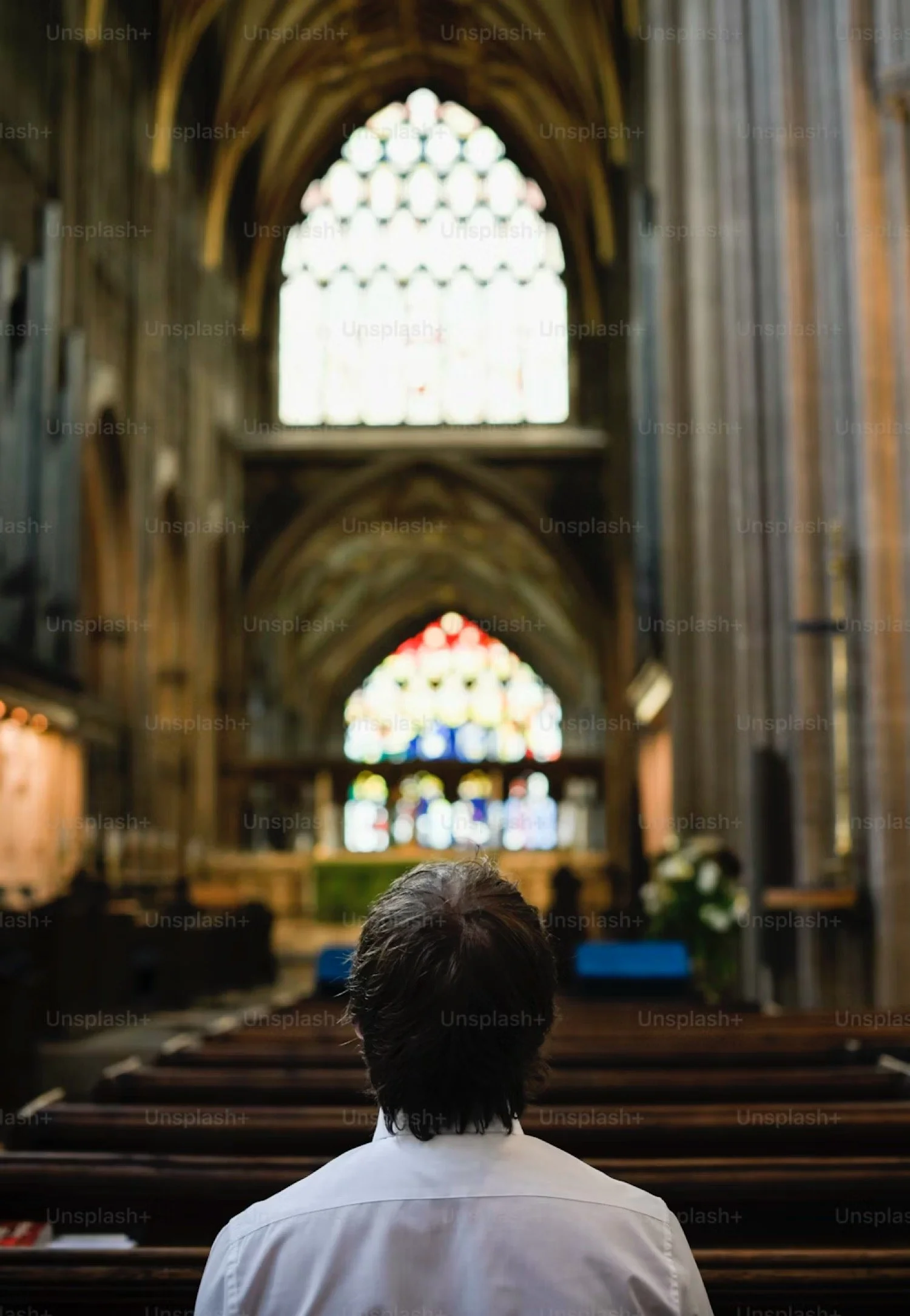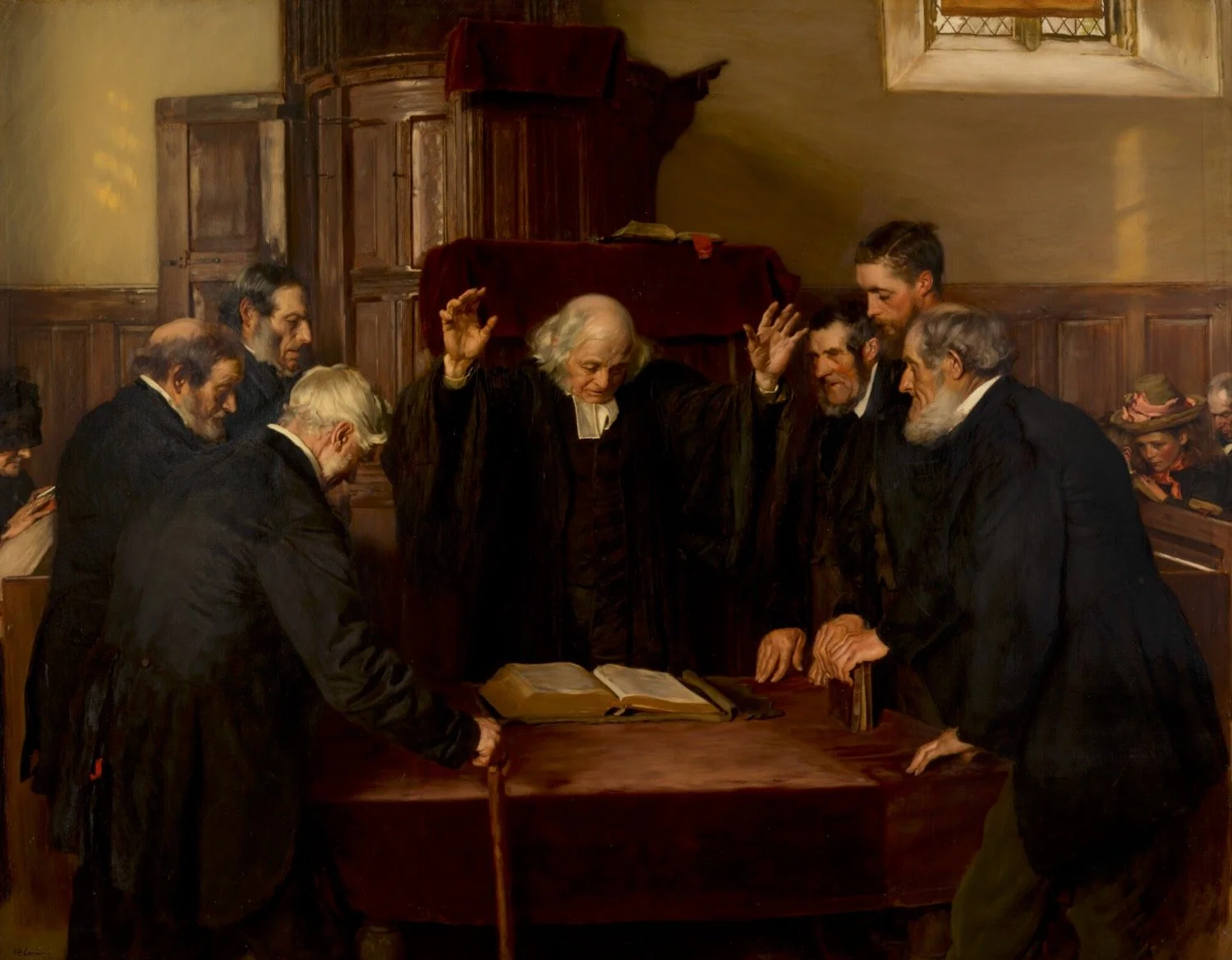Readings for today: 2 Kings 22-23, 2 Chronicles 34-35
Many years ago, a mentor of mine told me “it’s not enough to read your Bible, you have to let your Bible read you.” When you open God’s Word, you must expect God to speak. He is the same yesterday, today, and forever and His Word is living and active. He will encourage you. He will bless you. He will teach you. He will challenge you. And He will confront you. In fact, if you have read the Bible and not been confronted by your sin, I would humbly suggest you aren’t really engaging God’s Word for all it’s worth. You are simply reading for information rather than transformation.
Let me show you what I mean. In our reading for today, King Josiah hears God’s Word read seemingly for the first time in his life. For whatever reason, the Book of the Law has been lost for generations. The people of God haven’t celebrated Passover in decades. All they have to go on is oral traditions that have been passed down. So when Hilkiah finds the book during the Temple restoration, he knows it’s important. He gives it to Shaphan who is overseeing the work who, in turn, reports back to the king. When the king hears the words of the book, his first response is to tear his clothing in repentance. He immediately sends the priest and his officials to “inquire of the Lord” which was a formal way of approaching God for wisdom and guidance. Josiah knew he and his people were in trouble. He knew all the things his father had done. He knew God’s people had not been obedient and he took seriously the warnings of judgment God had proclaimed to many of his ancestors. “When the king heard the words of the book of the law, he tore his clothes. Then he commanded the priest Hilkiah, Ahikam son of Shaphan, Achbor son of Micaiah, the court secretary Shaphan, and the king’s servant Asaiah, “Go and inquire of the Lord for me, for the people, and for all Judah about the words in this book that has been found. For great is the Lord’s wrath that is kindled against us because our ancestors have not obeyed the words of this book in order to do everything written about us.” However, because of Josiah’s tender and humble response, God relented of the disaster He was bringing. In His great mercy, He postponed it one more generation. “Say this to the king of Judah who sent you to inquire of the Lord: ‘This is what the Lord God of Israel says: As for the words that you heard, because your heart was tender and you humbled yourself before the Lord when you heard what I spoke against this place and against its inhabitants, that they would become a desolation and a curse, and because you have torn your clothes and wept before me, I myself have heard this is the Lord’s declaration. ‘Therefore, I will indeed gather you to your ancestors, and you will be gathered to your grave in peace. Your eyes will not see all the disaster that I am bringing on this place.’” Then they reported to the king.” (2 Kings 22:11-13, 18-20 CSB)
Now how does this relate to my life? How does God speak through these verses into my day to day? Here’s where reflection and meditation come in. We ask God to show us where we have committed the same or similar sins as the people of Israel. Where have we been engaged in idolatry? Where have we failed to give God the honor and glory due His name? Where have we failed to keep faith? If we do this authentically and honestly, God will show us where we have fallen short. Once our sin is revealed to us, what is our response? Do we harden our hearts like Manasseh or do we humble ourselves like Josiah? Do we repent of our sins and turn from our self-centered ways or do we dismiss God’s Word, presume upon God’s grace, and keep living for ourselves? When was the last time you experienced a deep conviction over your sin? When was the last time you told God you were sorry for your sin? When was the last time you talked to God about your sin? When was the last time you actually made a significant change in your life to turn away from sin? These are all critical questions for us to ponder and pray over. Be courageous and ask God to show you your sin today. Then ask Him to give you the strength to turn from your sin and turn to Christ. Let Him sanctify you in His great love.
Readings for tomorrow: No devotionals on Sundays




